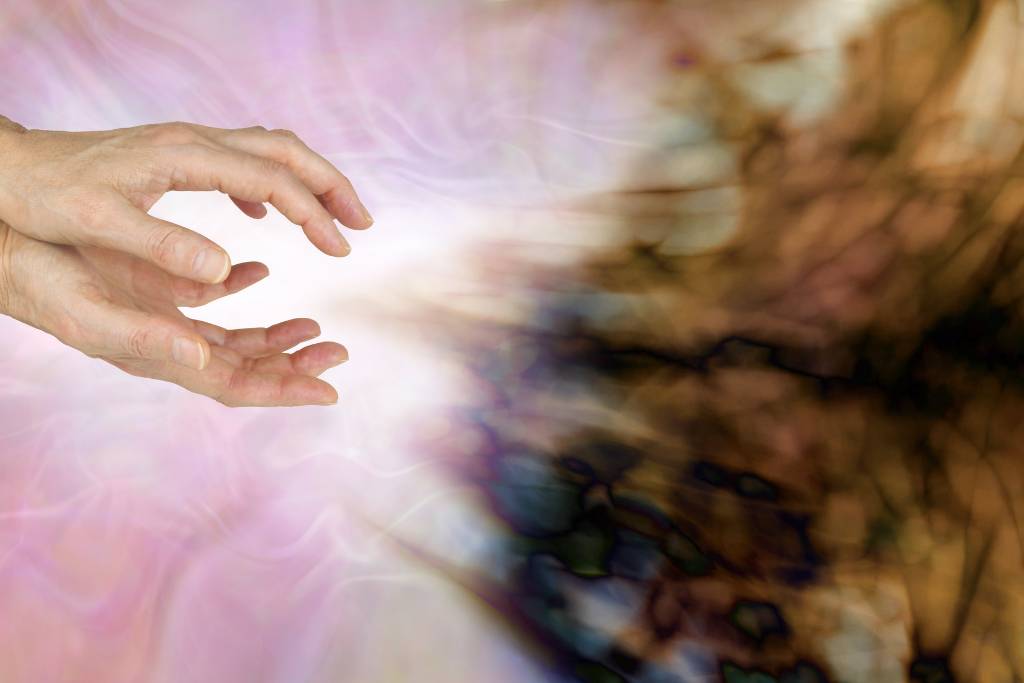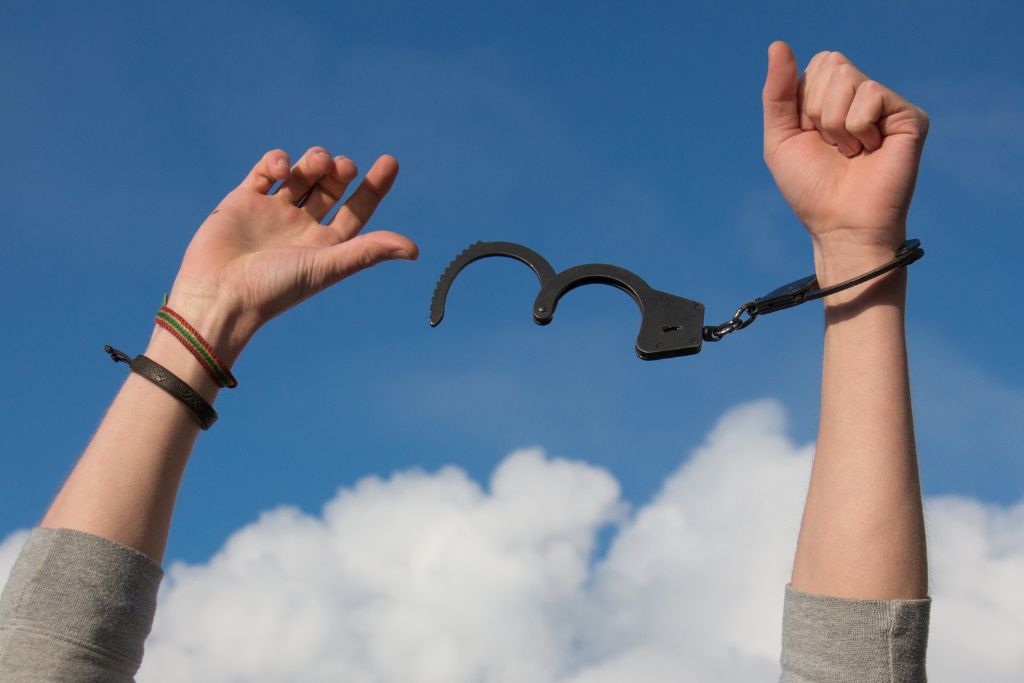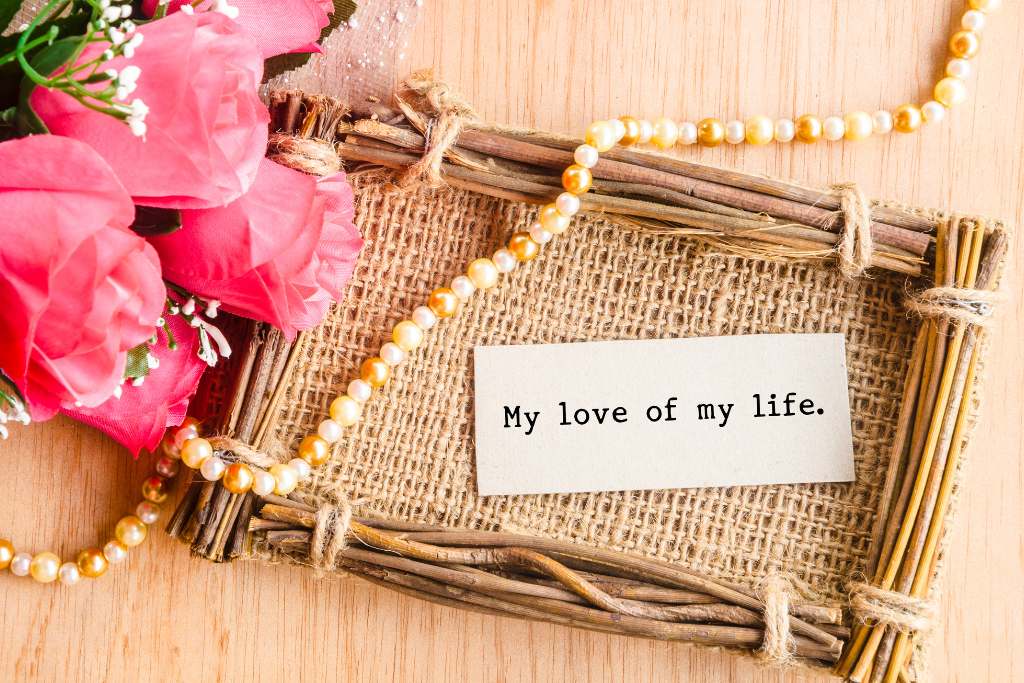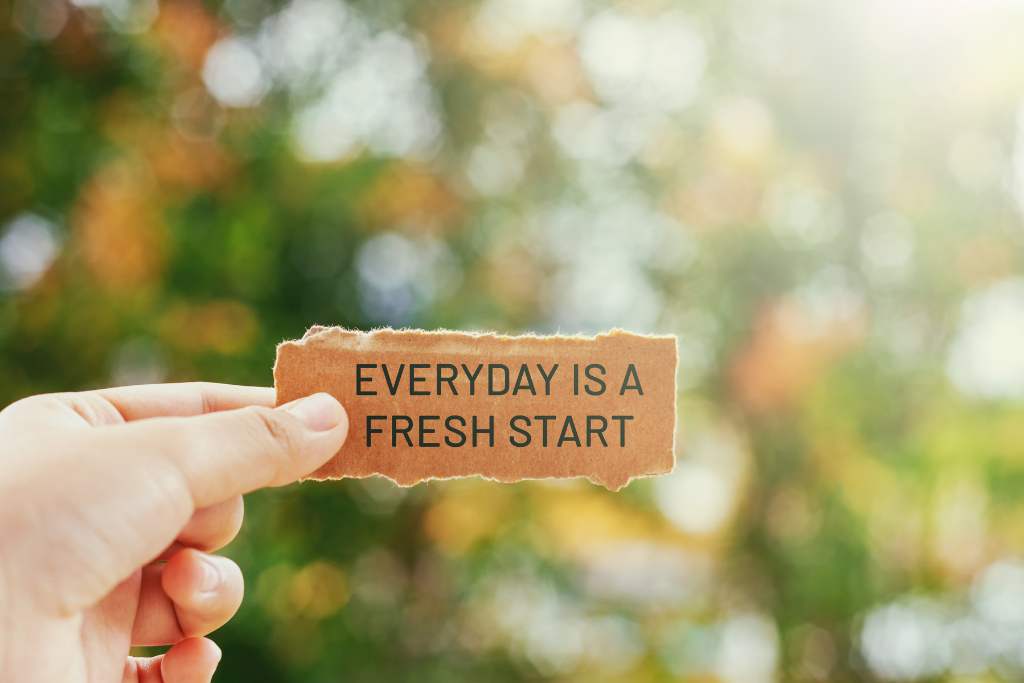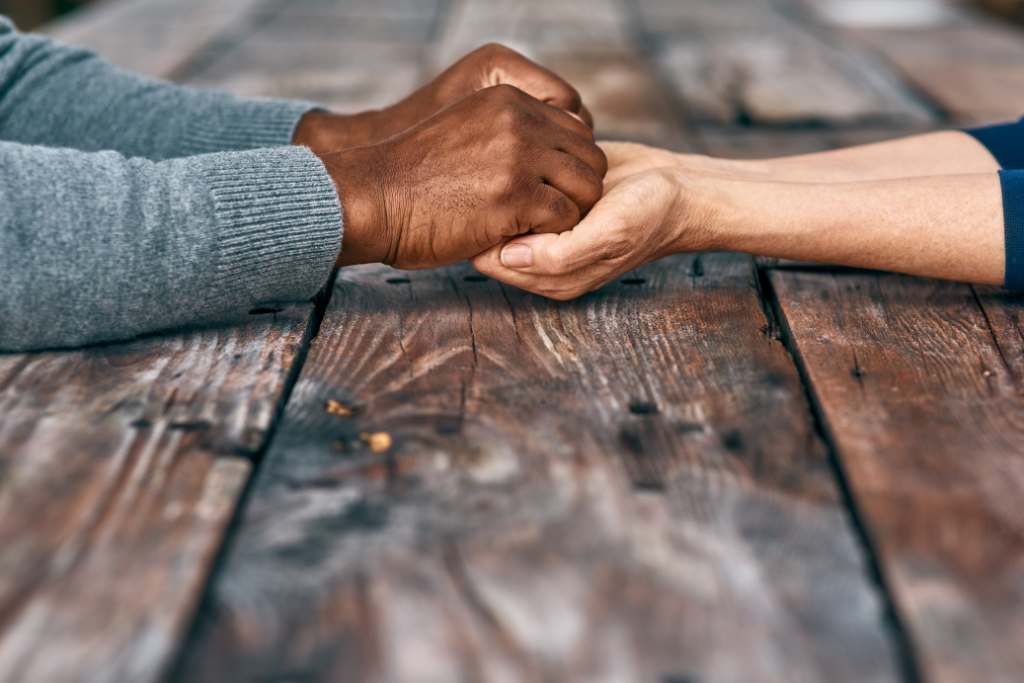In these tough economic times, more and more people are looking for ways to live a happy life without money.
While it may seem impossible at first, there are actually many simple things you can do to make sure that you’re content with what you have.
Money can’t buy happiness, or so they say. But if you’re not born into money, it can be tough to live a happy life without it. So how do you do it? We’ll break down some tips for living a joyful life without spending a fortune.
How To Live A Happy Life Without Money
1. Take a look at your spending habits
Get out a pen and paper, and write down every expense you pay for regularly – food, housing, transportation, entertainment – the works!
Afterward, take a look at each category and ask yourself if there’s anything you can cut back on. It may be hard at first, but you won’t feel the pinch as much once you find ways to live a happy life without spending all your money.
2. Have ‘me’ time
Everyone needs some time for themselves – even those of us who don’t have money. You can enjoy a few minutes of solitude almost anywhere – on the subway, at lunch, and even in the middle of the workday!
It’s important to take time for yourself when you’re not working because it gives your mind a break. Meditation doesn’t have to be complicated – try taking five or ten quiet minutes out of each day to relax.
This can also help you look forward to your time outside of work, which will make it easier to have a positive attitude about living a happy life without money.
3. Find activities that are free or low-cost
There are tons of activities out there that don’t require spending much money. Some of the best are free, like taking a walk or playing with your pet.
For activities that you can do at home, try reading a book by the window, watching TV with friends, or cooking a delicious meal!
If you need to save money for something big in your future, consider looking into low-cost ways to have fun. With a little creativity, you can have plenty of fun on a budget.
4. Volunteer your time
Being generous with your time is one of the best ways to live a happy life without money. Volunteering is another great way to practice this.
Volunteering not only lets you meet new people, but it also makes you feel good about helping out. It can even help you build a career – many places look for employees who have experience volunteering with them!
5. Make the best of today
The most important thing to remember when trying to live a happy life without money is to make the most of every day.
You may be feeling anxious or stressed because of money, but you’ll feel better if you can appreciate what you do have.
When you’ve got your health and some spare time, it’s easier to enjoy the smaller things. Remember that it doesn’t matter where you are right now – just focus on making today as great as possible!
6. Be grateful
At the end of each day, take some time to sit down and write out a few things you’re grateful for. It doesn’t have to be anything big – maybe you had a great conversation with your spouse or finished an important project at work.
Make it a habit to appreciate what you do have, even when you’re struggling to live a happy life without money.
7. Set small goals and enjoy the journey
Finally, remember that you don’t have to be rich in order to make your dreams come true. Some of the best things in life aren’t about having a lot of money – they’re about working hard and reaching your goals.
Once you’ve done that, you’ll feel much better about living a happy life without spending all your money.
Remember that when you’re working towards something bigger in the future, it makes life easier if you take things one step at a time.
Set some small goals for yourself and enjoy the process of reaching them!
What is minimalism and how can it help you live a happy life without money?
Minimalism is the philosophy or lifestyle of living with less. It is the practice of removing excess possessions from your life to simplify your day-to-day routine.
There are many benefits to minimalism, including the fact that it can help you live a happy life without money. When you have fewer possessions, you have less to worry about. You don’t have to spend time or energy taking care of things that don’t matter, and you can focus on the things that really matter in life.
Minimalism can also help you save money. When you don’t have a lot of things, you don’t need to buy a lot of things. You can spend your money on experiences or on things that will make you happy, rather than spending it on possessions that are destined to break or wear out.
What is your definition of “living happily”?
Living happily doesn’t necessarily mean that you are always happy, but it means that you are content with what you have. You may not be completely satisfied with your life or everyday routine, but you are generally satisfied with your day-to-day activities.
How minimalism has changed my life and why I think everyone should try it at least once
Minimalism has changed the way I see the world. It’s taught me to be grateful for what I have, to appreciate what’s around me, and not get caught up in things that don’t matter. It’s a way of life that helps me save money and live happily.
I try to follow these rules, not because I can’t afford more stuff, but rather so I don’t need more stuff. I buy things when I need them, not all at once in a shopping spree.
It was the best thing I ever did for myself.
The average person spends their time working so they can afford to buy more things. But you don’t need more things. By living simply, I’ve increased my free time in ways I never even imagined was possible.
I’m happier now than I ever was before. Do you want to know why?
It’s because I spend my time doing things that actually matter to me, like playing guitar, writing stories, and spending time with the people I love. Things that don’t cost any money at all.
Unfortunately, there are still some who think that being a minimalist is all about being frugal.
Being a “minimalist” is not about spending less money, it’s about only buying the necessities and finding out what you really need in life. It’s also about living with less distractions and focusing more time on what things actually matter to you.
If you’re thinking about trying minimalism, here are some tips:
How to get started with minimalism?
You don’t have to get rid of all your possessions before you start living a minimalist lifestyle.
Here are 10 tips on how to get started and embrace minimalism:
1. Declutter your home: You can start decluttering by donating or recycling unused items in your house, such as clothes you don’t wear anymore. Find which items bring you joy and it will encourage you to edit your belongings more often.
2. Minimize decision-making: After you start minimizing your possessions, make it a goal to minimize decision-making. It would be smart to declutter your social media feeds of that one friend who is constantly bragging about their lavish vacation or expensive car. It will allow you to take time for yourself instead of wasting it by scrolling through other people’s lives.
3. Make a “no new items” rule: Set a time period where you won’t buy anything, whether it’s for a day or a week. This will allow you to save up enough money to purchase things that are necessary instead of impulsive buys.
4. Commit: Once you start getting into the minimalism lifestyle, it’s important to constantly remain committed to it. Decluttering your home will take time and effort, but you’ll eventually get used to having less items around.
5. Be selective of who is in your inner circle: Limit the number of people you have in your inner circle because it can easily affect your spending habits if you are constantly surrounded by materialistic people.
6. Make a list of things that bring you joy: Think about all the experiences that have brought you happiness in the past. Try to include as many activities as possible, such as spending time with a family experiencing nature, or trying new foods at restaurants. Once you have a list, challenge yourself to do at least one thing from it each day.
7. Take time for yourself: Minimalism doesn’t mean minimal downtime for yourself. Set aside time to relax and unwind in your spare time so you are refreshed when it is the next day. It will free up more space for you to spend time on things that bring you happiness.
8. Redefine “enough” and stop buying: If you find yourself continuing to purchase items even though your home is already full of stuff, make a rule for yourself where you will only buy if it’s something you need or really wants.
9. Find joy in experiences: Think of memories that have brought you joy in the past and then plan future experiences that will bring you happiness. You can even create a bucket list of things to do this year, like taking your family to the beach or participating in an out-of-state festival.
10. Embrace experiences over possessions: Go back to your “things that bring you joy” list and think about which items would bring happiness if they were experiences instead. For example, a new phone case might make you happy during your time with it, but that happiness is only temporary. However, something like going to a concert can provide years of enjoyment because the memory lasts long after the experience is over.
10 The benefits of living a minimalist lifestyle
- Less financial stress
- More time with family and friends
- Less time cleaning and maintaining your home
- Better health
- More free time to do what you enjoy
- Freedom over your spending habits
- Better sleep patterns
- More time to volunteer or give back to your community
- Less clutter in your home will lower the risk of anxiety and depression
- Better work-life balance
How to purge your belongings and simplify your life
1) Start by finding a place to store your items and only take out one item at a time and first ask yourself whether you need it or not.
2) Purge anything that no longer fits you, is the wrong size for your lifestyle, or never fit you in the first place.
3) Think about other people you can donate the items to, such as an organization that helps women who are transitioning out of abusive relationships.
4) Donate items that are broken or no longer work properly.
5) Clean your house before donating so you know what space is left at the end of the purge.
6) Consider selling some of your lightly-used items online, such as on eBay or Craigslist, so they can bring in some extra cash. Alternatively, sell them to a friend or family member for a lower price than you originally paid.
7) Purging once a year is the best way to keep clutter from building up and overtaking your home again.
8) Give yourself time and space to adjust to your new lifestyle before making any big changes. It takes about 21 days for old habits to die and make room for new ones, so be patient until you can figure out what works best for you.
9) The minimalist lifestyle isn’t only about the stuff in your home; it also extends to your career and financial life. For example, if you are spending more time at work than you really want to because of a long commute, consider looking for a new place or position that is closer to your home.
10) Give yourself time to adjust to the changes in your life so you can figure out what works best for you.
Tips for staying minimalist in a world that’s constantly trying to pull you away from it.
Do you ever feel like money controls your life? Do you go to the mall, buy a new bag, but then don’t remember why you bought it in the first place? Or do you get a raise from work and suddenly think that the only way to spend it would be on a new car or a bigger house?
It’s so easy to get caught up in society’s standards of what you need and want, but the truth of the matter is, money is not everything. You can live a happy life without it if you just take the time to think about what truly makes you happy.
The best way to figure out what brings happiness into your life is by trying new things that interest you. Whether it’s a new hobby, trying out a new restaurant every week with your best friend, or simply taking time to enjoy the world around you, there are so many different ways to find happiness without having to spend so much money.
Here are 6 Tips for staying minimalist in a world that’s constantly trying to pull you away from it-
1) Stop and think before every purchase. Ask yourself: Do I need this? What’s the most important thing for me in my life right now?
2) Don’t be afraid to say no when you’re out with friends and they want to go shopping or buy something. Your money is your money, and it should only be spent on what makes you happy.
3) Remember that your happiness is more important than what anyone else thinks of you. Don’t let the people from work pressure you into buying things for them, and don’t buy something because a random person on the street told you to.
4) If there’s something specific that will make you feel happier, set a goal and make a plan to get there. For example, if you want to get a promotion but you’re short on time, cut back your social media time and make sure you get enough sleep every night so that you can go into work energized and ready to go.
5) Stay in touch with your family and friends by planning weekly group chats. You can even turn it into a game by seeing who can be the first to answer every day!
6) If you want to take an expensive vacation, but don’t have enough money saved up for it, stay home instead and go on a budget trip. The memories you make with your loved ones are priceless so start saving up now.
Conclusion
There are many ways to live happily without money, whether it’s spending more time with family and friends or starting new hobbies.
The important thing is not to get overwhelmed by society’s standards of what you need and want.
Money may be the end-all-be-all for “things” but that doesn’t mean it’s how your life needs to be.
So the next time you go to make a purchase, take some time to think about what would really put a smile on your face and do that instead!


